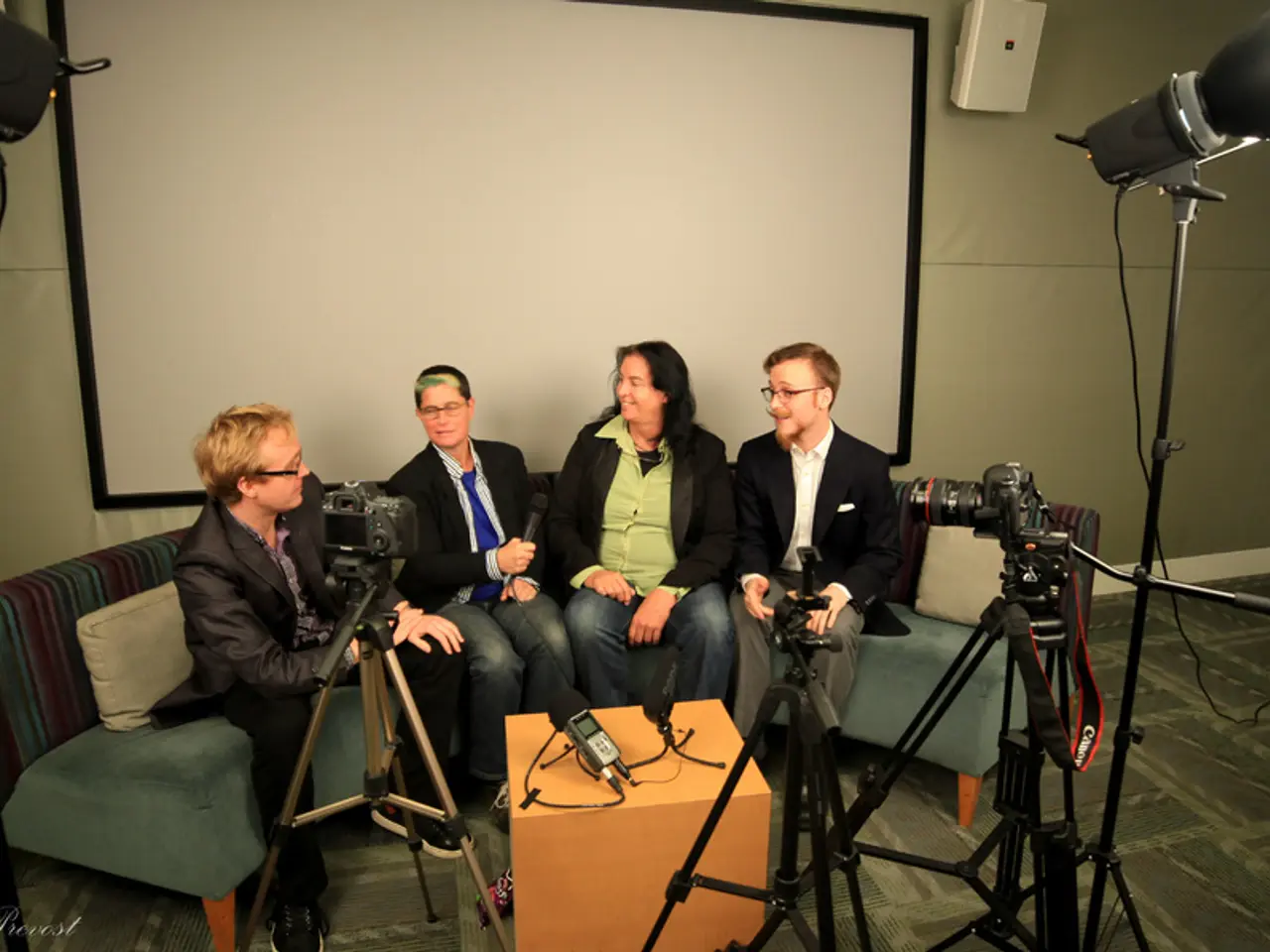Strategies for Interviewing as a Judge
The 4-H interview judging process is more than just an evaluation - it's an educational experience designed to help members understand their strengths and weaknesses for improvement. This process allows 4-H members to showcase their projects and receive valuable feedback from experienced judges.
During the judging, members are evaluated based on several criteria. These include compliance with project standards, as well as comparisons with other exhibitors in terms of knowledge, skills, understanding, and application. The evaluation is weighted, with different factors receiving different amounts of emphasis. For instance, in woodworking judging, technical skills might account for 20% of the score, while the quality and techniques of the competition project could account for 50%, and communication skills for the remaining 20%.
The interviews themselves usually last around 10 minutes, providing exhibitors with enough time to present and discuss their projects' details. This format allows judges to compare entries against established standards and merit criteria, while also helping 4-H members develop valuable interview skills.
As a 4-H judge, you will be responsible for recognizing members for participating, evaluating project standards compliance, and comparing exhibitors. To do this effectively, you should prepare detailed project questions related to the member's exhibit and project plan. These questions will help assess the member's involvement and offer constructive teaching points.
To ensure a smooth judging process, it's important to find out event details from the organizer before judging day and arrive early. Dress comfortably and professionally for the day, as you will be interacting with many members.
In addition to selecting winners based on mastery of project knowledge and skills, significant accomplishments in leadership and citizenship, and adherence to project standards, additional recognition may be available for outstanding ribbons, project trophies, or state fair participation ribbons. To justify these recognitions, valid reasons should be prepared.
Finally, remember to enjoy the energy, knowledge, and potential of the projects and the youth being judged. Opening questions to set members at ease and help them feel good about their accomplishments might include asking about their name, project, best part of the project, and reasons for choosing the project. Before closing the interview, be sure to highlight the positive aspects of the project and offer suggestions for improvement.
In summary, the 4-H interview judging process combines objective assessment of project completion against standards and subjective evaluation based on communication and presentation skills. This structured approach encourages learning and improvement rather than simply ranking participants.
[1] Ohio State University Extension. (n.d.). 4-H Judging. Retrieved from https://ohioline.osu.edu/4h-judging
[2] National 4-H Council. (n.d.). 4-H Judging. Retrieved from https://www.4-h.org/what-is-4-h/4-h-programs/4-h-judging/
[3] University of Missouri Extension. (n.d.). 4-H Judging. Retrieved from https://extension.missouri.edu/publications/G6476
[4] University of Wisconsin-Madison Division of Extension. (n.d.). 4-H Judging. Retrieved from https://learningstore.uwex.edu/Assets/pdfs/A3396.pdf
[5] Kansas State University Research and Extension. (n.d.). 4-H Judging. Retrieved from https://www.ksre.ksu.edu/4h/youthdevelopment/judging/index.htm
- The educational experience of 4-H judging extends beyond evaluating projects; it encourages members' personal growth and learning through constructive feedback, promoting understanding of strengths and weaknesses for improvement.
- As part of their education and self-development, 4-H members benefit from the 4-H interview judging process, as it offers opportunities for improving communication skills, learning from experienced judges, and receiving recognition for their project mastery and leadership qualities.




